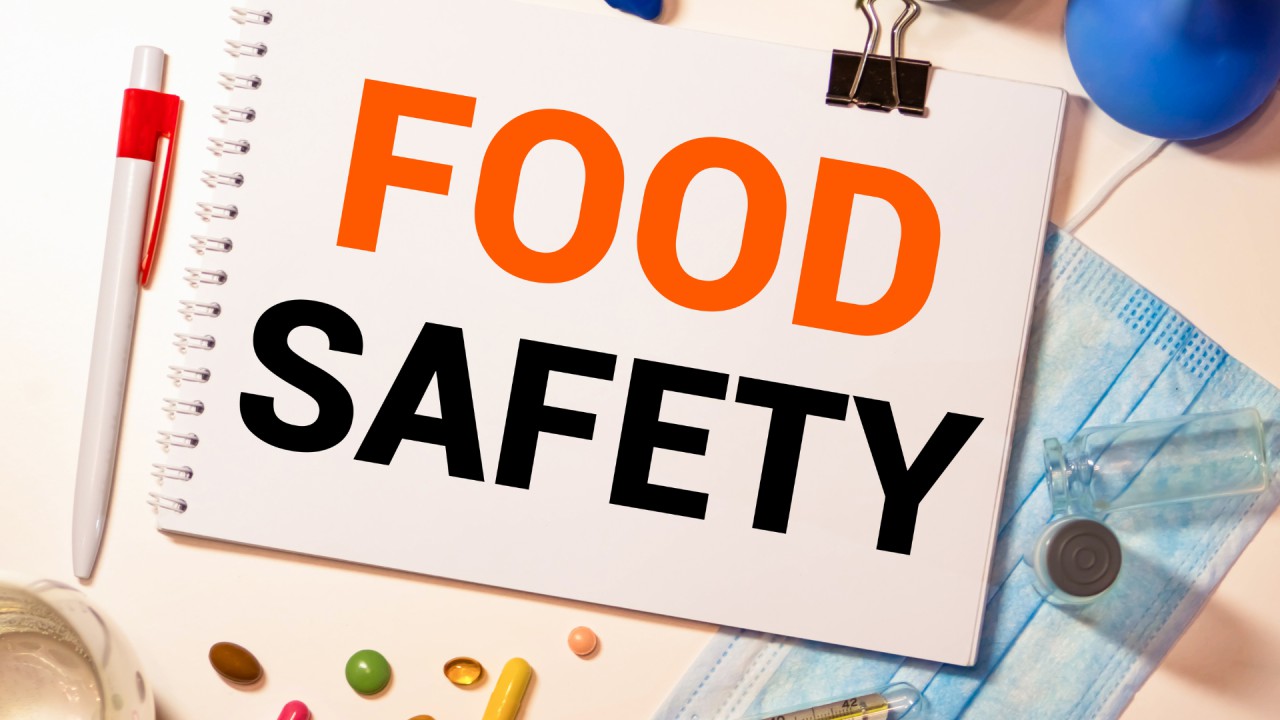


 349,500 Offered Certificates
349,500 Offered Certificates
 24/7 Online Training
24/7 Online Training
 Money Back Guarantee
Money Back Guarantee
 Fully Accredited Courses
Fully Accredited Courses

Created at: 26-02-2025 10:55
In the vibrant culinary scene of Ireland, maintaining high food safety standards is paramount. With the ever-increasing scrutiny on food hygiene and safety practices, understanding the importance of HACCP (Hazard Analysis Critical Control Point) training becomes essential for businesses in Dublin, Cork, Galway, and beyond. This blog post delves into the significance of HACCP training and how it can elevate your food handling processes, ensuring compliance with Irish and EU food safety regulations.
HACCP stands for Hazard Analysis Critical Control Point. It is a systematic approach to food safety that identifies and controls potential hazards throughout the food production process. The principles of HACCP guide food businesses in monitoring their operations, ultimately minimizing risks related to contamination and foodborne illnesses. Understanding HACCP meaning is crucial for food handlers, restaurant owners, and food safety managers alike.
HACCP training is not merely a box to check; it is an investment in your business's future and stability. Here are several reasons why obtaining HACCP certification through structured training courses is vital for food businesses in Ireland:
The HACCP system is built upon seven core principles designed to ensure effective monitoring and control of food safety practices:
With the rising demand for flexible learning options, online HACCP training courses have emerged as a convenient and effective way to gain certification. Online HACCP training offers several advantages:
Implementing HACCP effectively requires diligence. Here are common mistakes businesses make and how to sidestep them:
In conclusion, HACCP certification is a cornerstone of food safety compliance for businesses operating in Dublin, Cork, Galway, Limerick, and beyond. By investing in HACCP training, you not only enhance your operational standards but also protect public health and elevate your business's reputation. Don't wait until it's too late—take the proactive step to ensure food safety today.
Ready to get started? Enroll in our HACCP training courses now or contact us at [email protected] for more information.